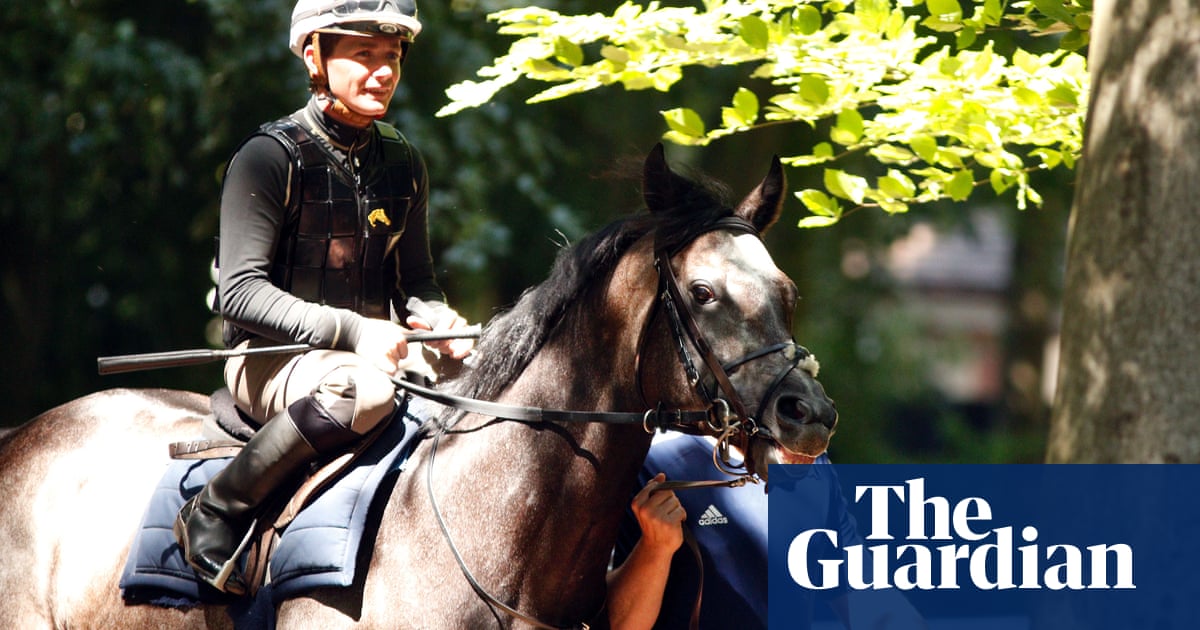The Professional Jockeys Association (PJA) said on Wednesday that the British Horseracing Authority (BHA) had confirmed that “no further [pre-race] testing [of riders] with swab and saliva kits will take place” until the circumstances surrounding the standing-down of Kieran O’Neill before racing at Southwell on Tuesday “has been resolved and understood”.
O’Neill posted on Twitter/X on Tuesday evening that he had “suffered the embarrassment of being stood down for a failed drug swab”. He added: “I have never taken a drug in my life and later found out that as my urine sample is clear I can resume race riding tomorrow.
“Those that have supported me for nearly 20 years in the saddle know that I have never touched a drug so this inaccuracy is a major worry. If I was a younger jockey making my way in the sport, this would be so damaging. I am fuming and would like some answers.”
The BHA has been conducting trials of pre-racing sweat and saliva testing for jockeys since May 2021, but was forced to suspend a previous pilot scheme in September 2022 after Classic-winning rider Sean Levey initially tested positive for an amphetamine before being cleared by a urine test a week later.
The authority said in a statement on Wednesday that its current pilot “utilises a Home Office-approved testing kit used by police forces globally”, and that O’Neill was the only rider among 16 tested on Tuesday to have returned two “non-negative” swab tests.
It added that it was still awaiting the test result from O’Neill’s urine sample but that he would be free to take three booked rides at Kempton Park on Wednesday evening if he passed a further saliva test. The rider subsequently provided a negative test.
Quick Guide
Henderson enters Lord for Champion Hurdle
Show
Nicky Henderson could still have two runners in next week’s Champion Hurdle despite being forced to scratch Constitution Hill, the reigning champion, earlier this week, after JP McManus’s Iberico Lord, the Betfair Hurdle winner, was supplemented to the field at a cost of £18,000.
Iberico Lord had been expected to run in the County Handicap Hurdle next Friday but will now join his stable companion, Luccia, in Tuesday’s feature event.
“He is obviously a very progressive young hurdler [and] he loves soft ground,” Henderson said on Wednesday, “which it seems that it might well be on Tuesday.”
Iberico Lord is among a dozen possible runners still in the race after the six-day declarations, including State Man, the Irish Champion Hurdle winner and odds-on favourite in ante-post betting.
The PJA also said in its statement that it had been surprised by the resumption of swab-testing, following two previous trials of different testing kits.
“We have been discussing a [new] pilot since January,” Paul Struthers, the PJA’s chief executive, said. “However, no dates for the pilot had been agreed and we were told what the protocol would be in the event of a non-negative test, which is very different to agreeing it.
“Issues that arose during the previous two pilot schemes meant that the PJA and its members had legitimate concerns about the testing kits and the process.
Quick Guide
Greg Wood’s Thursday tips
Show
Lingfield 1.40 Further Measure 2.15 Princess In Rome 2.45 Beauzon 3.20 Habrdi 3.55 My Mate Mike 4.30 Moorgate 5.05 Eccentric
Wincanton 1.50 Largy Poet 2.25 Inflexible (nb) 2.55 Twyford’s Diamond 3.30 Madaket 4.05 Robber’s Bridge 4.40 William Ewart
Carlisle 2.05 St John’s Road 2.35 Rocheval 3.10 Jacks Parrot 3.45 Asa 4.20 Rioja Alta 4.55 Concetto
Newcastle 5.30 Lawmans Bliss 6.00 Inisherin 6.30 Brother Dave 7.00 Sunblock 7.30 Influence 8.00 Blue Collar Lad (nap) 8.30 Ana Emaraaty
“At our last meeting with the BHA on 23 February, we stressed these concerns and explained how important communications would be in advance of any pilot. What was agreed at that meeting was that the BHA would draft some initial communications materials which would be shared with the PJA for further comment. This never happened and we were therefore unaware until last night that the pilot had even commenced.”







